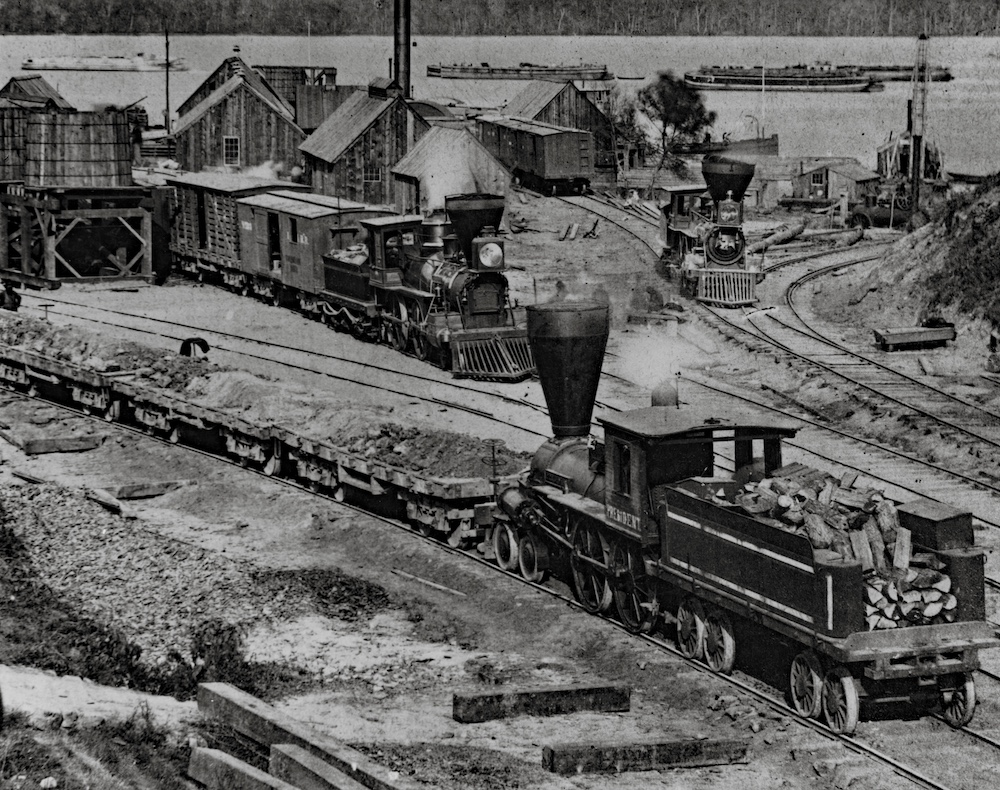
Almost exactly 160 years ago, the American Civil War wound down to a messy and anticlimactic end. By December 1864, it was apparent the Union had prevailed. It didn’t necessarily win, but at least southern secession had been thwarted. If noticed at all, the anniversary might be an occasion to recount the many roles railroading […]
Read More…

The Fertilizer Route, more formally The Norfolk & Portsmouth Belt Line Railroad, featured 75 years ago in Trains Magazine was, in a word, “astonishing.” For a railroad that almost nobody has ever heard of beyond its own neighborhood, the 27-mile Norfolk & Portsmouth Belt Line Railroad is an astonishing property. It has only eight stockholders, […]
Read More…
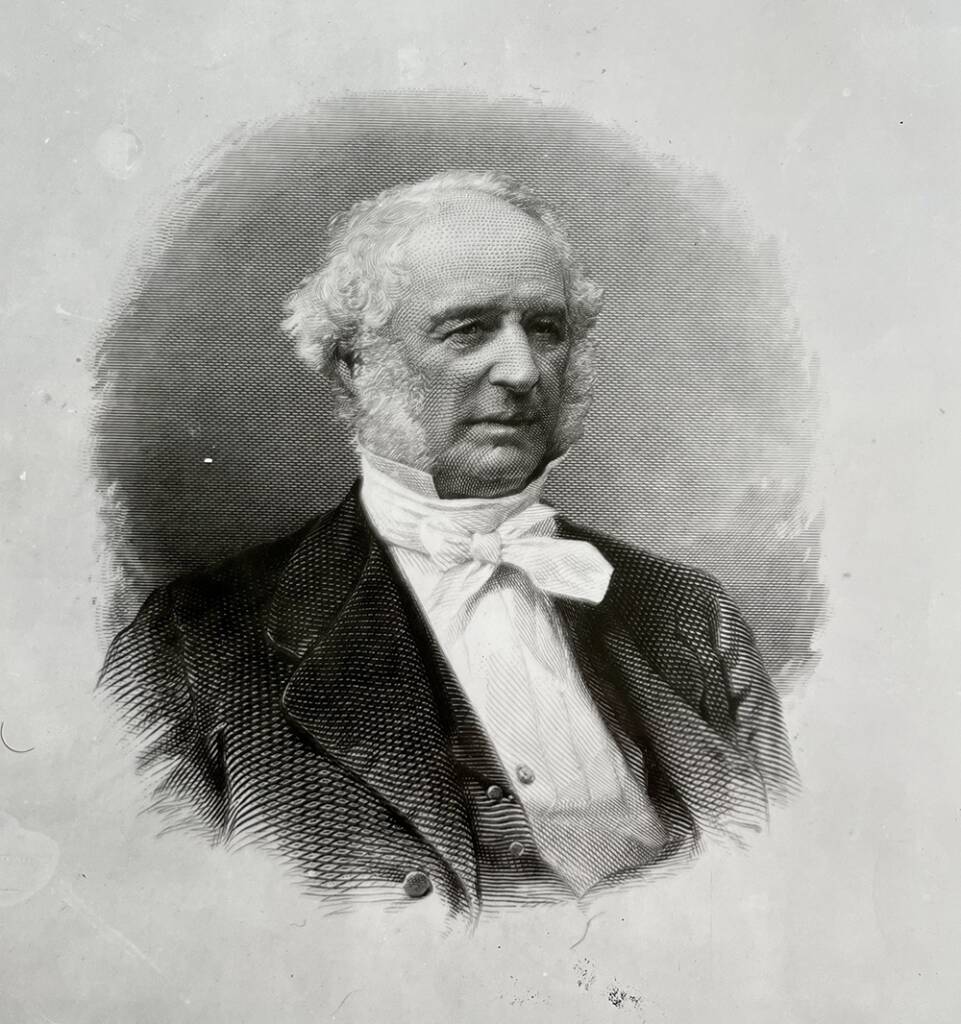
The rapid expansion of America’s railroad system in the 1800s and early 1900s was driven largely by a small group of powerful businessmen. Here we profile 12 of the most influential railroad magnates who helped shape modern America. Love ‘em or hate ‘em, the men on this list built railroad empires connecting cities, opening the […]
Read More…
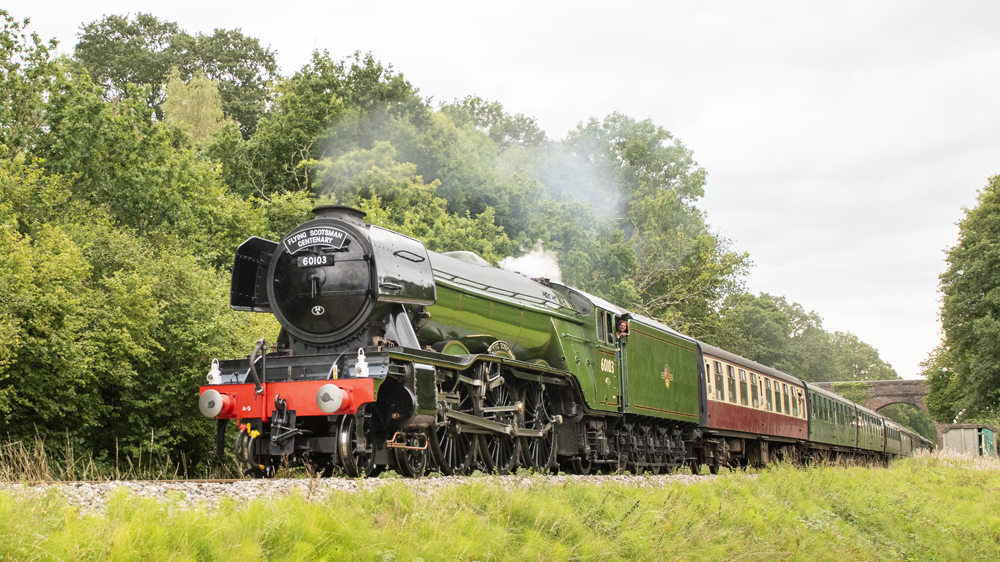
Throughout the history of rail travel, certain trains have captured our imaginations more than others, pushing the boundaries of rail technology, and in doing so, leaving an indelible mark on the history of railroading and railfans alike. From luxury passenger services to record-breaking locomotives, the following iconic trains represent some of railroading’s most prestigious, most […]
Read More…
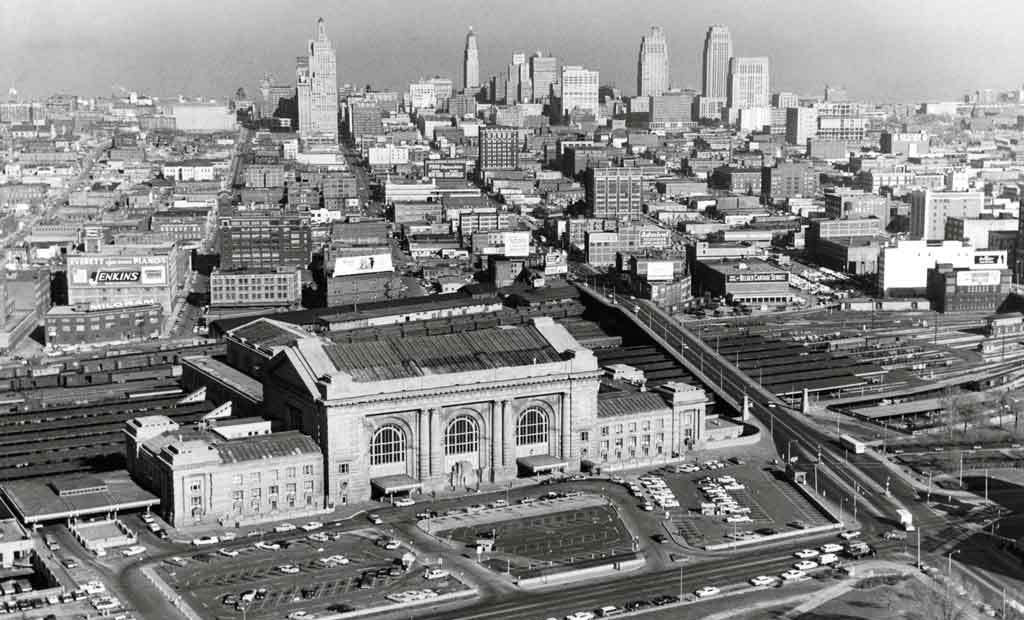
At the turn of the 20th century, the citizens and serving railroads of Kansas City, Mo., yearned to revamp how passengers arrived and disembarked from the growing gateway city along the Missouri River. The 1878-built Union Depot in the West Bottoms district couldn’t keep up with the thriving rail traffic and local desire to […]
Read More…
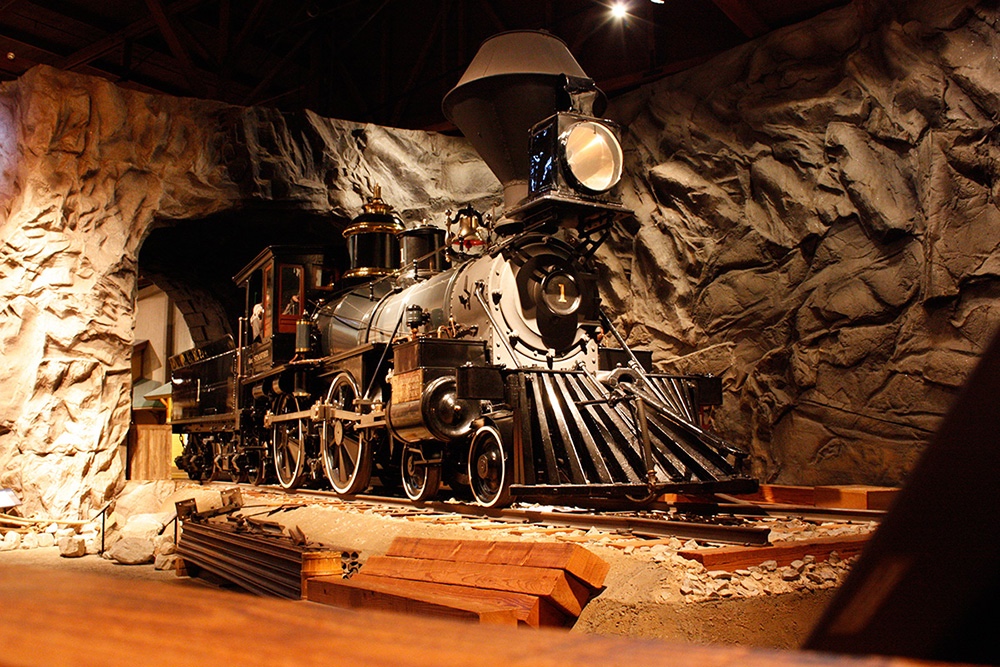
Forty years ago, there was a lot going on in “Train World.” New museums, mainline steam programs, railroad-specific historical societies, and innovative preservation projects spawned a sense that railroad heritage had entered a different, more mature, phase. There were conversations about the emerging “railway heritage movement.” In hindsight, that was a tad optimistic. It had […]
Read More…
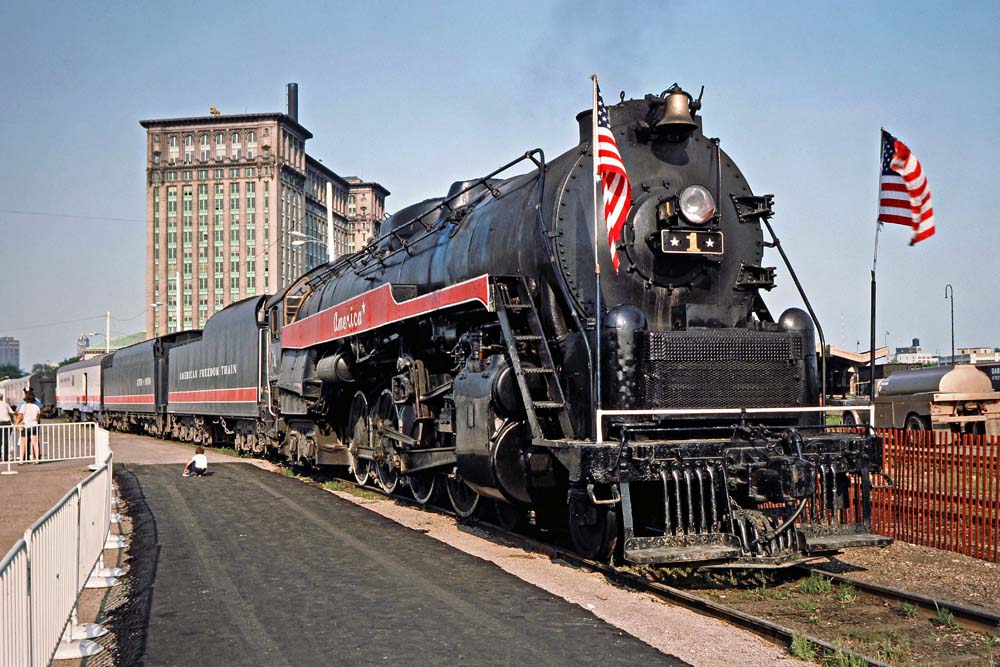
Has any class of homebuilt, remanufactured mainline steam locomotive ever performed as brilliantly as the Reading T-1 4-8-4? Given the long lives of four from its illustrious class of 30 engines, I’d say no. I came to this conclusion during a recent visit to the Baltimore & Ohio Railroad Museum, which has announced that ex-RDG […]
Read More…
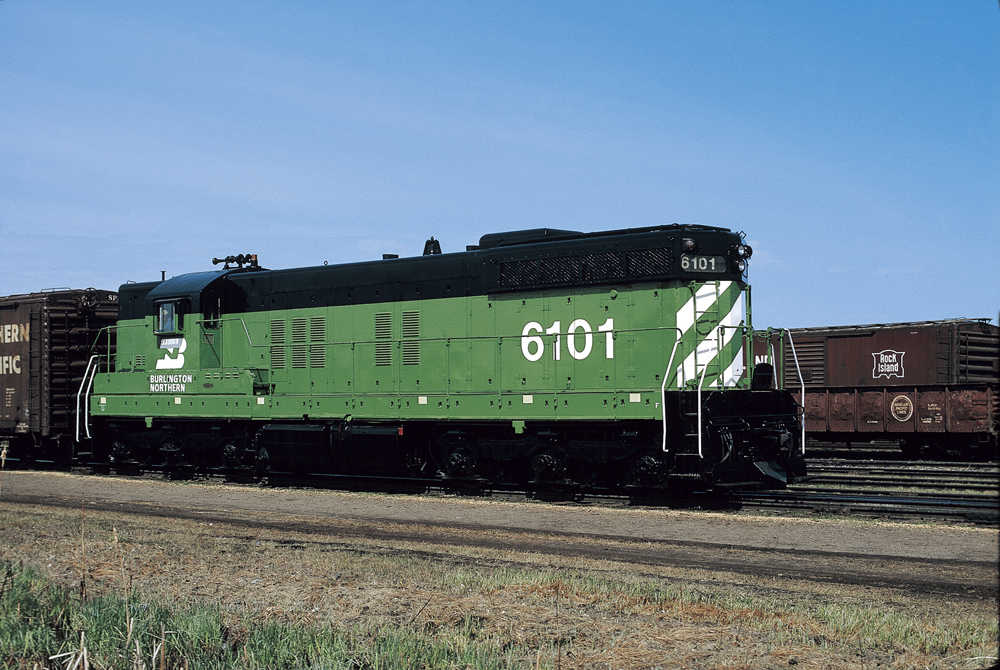
When the long-anticipated “Hill Lines” merger finally created the Burlington Northern on March 2, 1970, it was time not to mourn the loss of a favorite, the Chicago, Burlington & Quincy, but to embrace and record the details of the changeover. I had been through this six years before, when the Norfolk & Western […]
Read More…
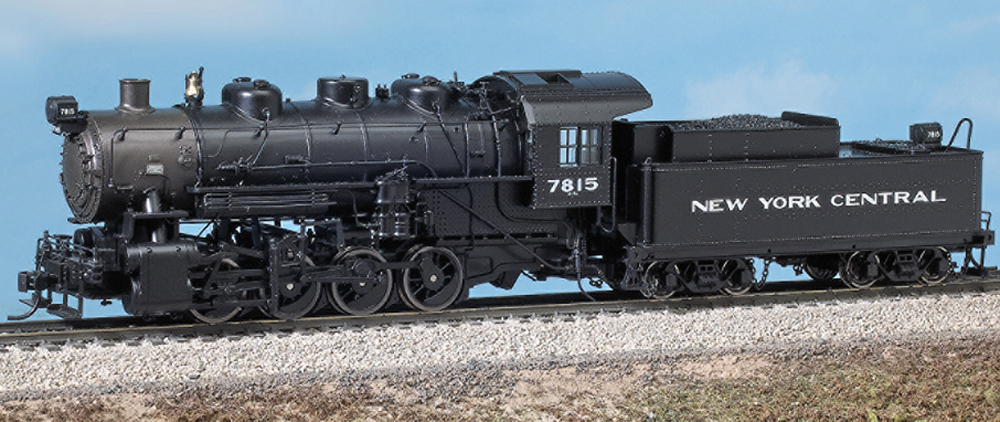
Q: The historic cars for the Milwaukee, Racine & Troy featured in the January 2025 episode of Ask Trains were very interesting (I grew up in Spokane, Portland & Seattle territory and am modeling some of that). What sort of steam and early diesel power would have been used to go with the cars of […]
Read More…
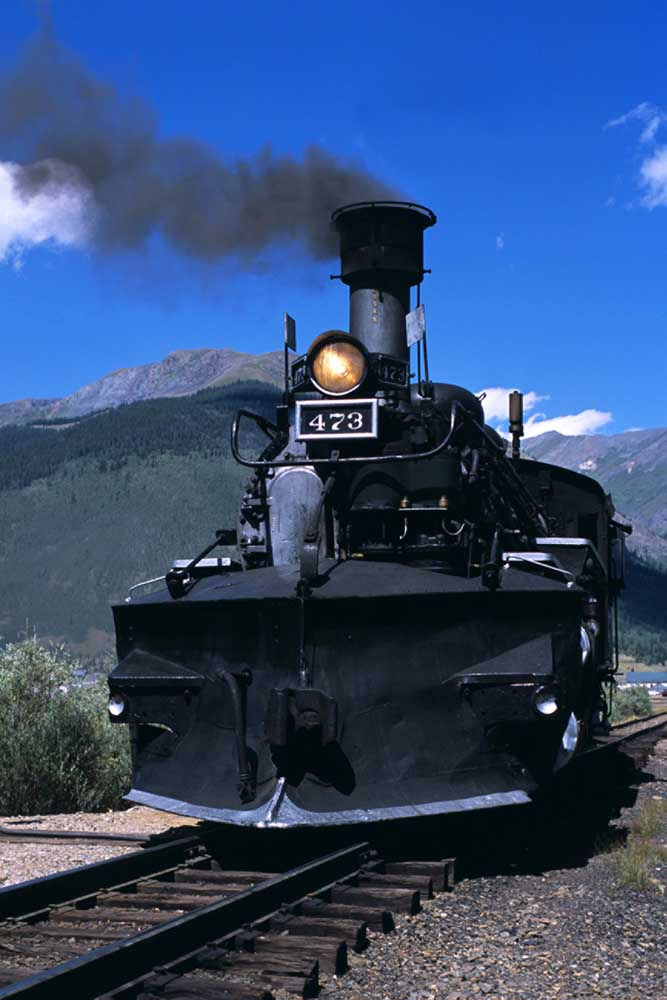
It was an oddball branch line with a just-as-odd history that is still worth recounting. The Rio Grande’s Farmington Branch was built in 1905 to connect Carbon Junction, Colo. (just outside of Durango to the southeast), and Farmington, N.M. It was a modest, 47.68-mile standard gauge line (later narrow gauge) that followed the […]
Read More…
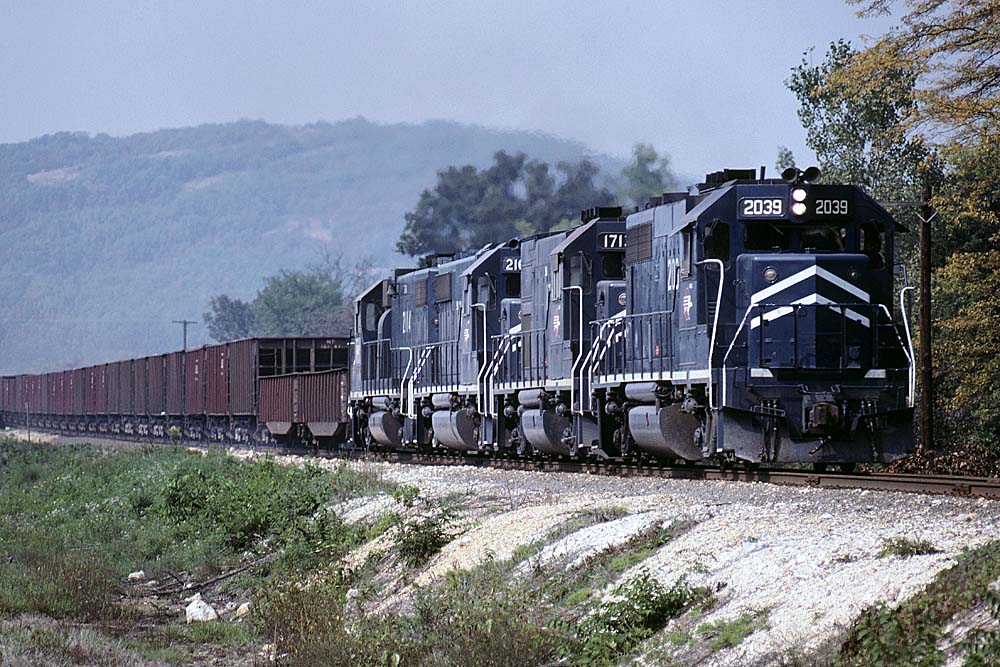
Missouri Pacific history is easier to understand if the railroad is considered in three parts: the lines west of St. Louis, the lines south and southwest of St. Louis, and the lines in Texas and Louisiana. Lines west of St. Louis Ground was broken for the Pacific Railroad at St. Louis, Mo., on […]
Read More…
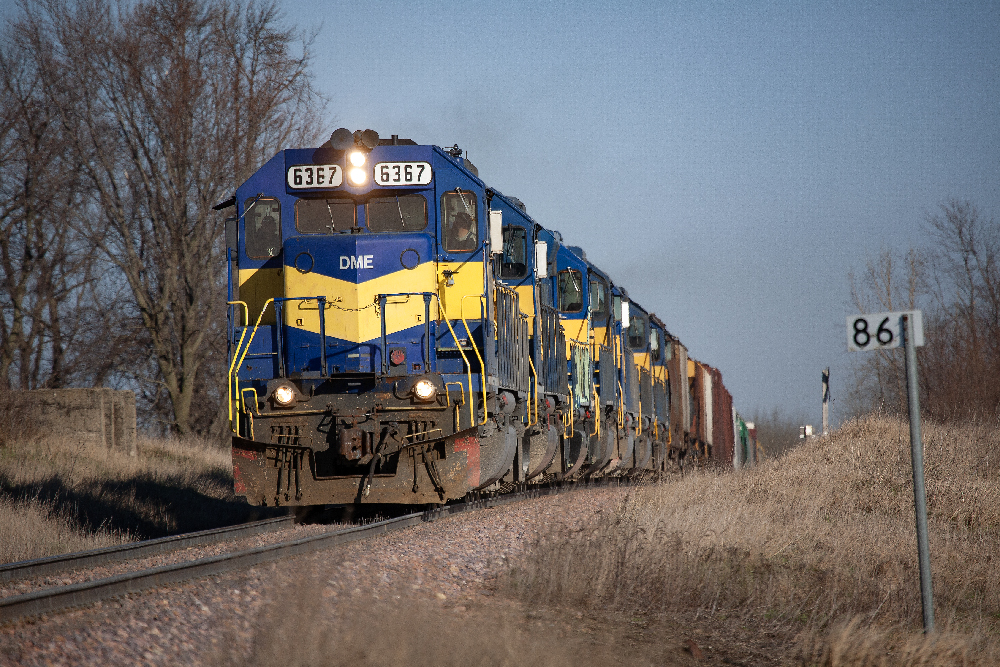
Dakota, Minnesota & Eastern Smoking is a habit that’s never appealed to me. No smoking for me. During my time as conductor for the Dakota, Minnesota & Eastern Railroad, many of my engineers smoked. There was no choice for me but to grin and bear it. I never got used to it, but as long […]
Read More…












